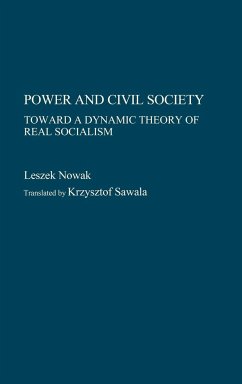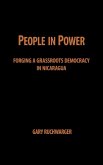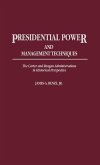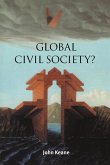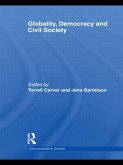The seeds of this volume were contained in a series of lectures delivered by Leszak Nowak to his co-interned activists of Solidarity in a Polish prison in 1982. From the stance of a political philosopher, Nowak suggests statements about power; as a social theorist, he proposes a systematization of hypotheses into idealized models of increasing realism. Most books on socialism are based on either radical or conservative ideologies; Power and Civil Society, however begins with radical assumptions but reaches rather conservative conclusions. Nowak's discussion of the three independent main social divisions--owners/producers, rulers/ruled, and priests or mass-culture-media/believers--reveals the separation of these divisions in class societies and their integration into a triple class of rulers-owners-priests in real-socialism societies. Nowak contends that triple-class rulers wrest control of political power from both owner and priest classes and undergo regularities of political power in its pure form. The thrust of the book is an elaboration of a proposal of the general theory of political power that confronts it with its classic area of application--the history of the Soviet Union--by offering a series of models beginning with the most abstract. Each subsequent model presents a more complicated network of interconnections that characterize the phenomenon of political power. The sixteen-chapter volume is structured into five major divisions that begin with a discussion of some basic assumptions on the nature of power and the non-Christian model of man. Part Two considers some elementary models of power by focusing on idealizing conditions, revolution, the organization of civil society, and citizens' utopia. Global Models of Power, Part Three, treats the mechanism of aggression, the structure and development of an empire, and a block of countries. Special models of power are surveyed in Part Four. The book concludes with an attempt to confront the modeling construction with the history of the socialist world both at the level of the relations between rulers and ruled, political institutions, political doctrines, and international relations within the Soviet empire. Here Nowak seeks to locate both those trends which can be approximately explained by a certain model of the presented hierarchy and those which can not. Six appendixes deal with such phenomena as The Conception of Class Loop and the Rotating Elites Theory, Social Consciousness as a Hypostasis, and more. This book will be excellent reading for Sovietologists, Political Theorists, Social Philosophers, and Philosophers of History.

